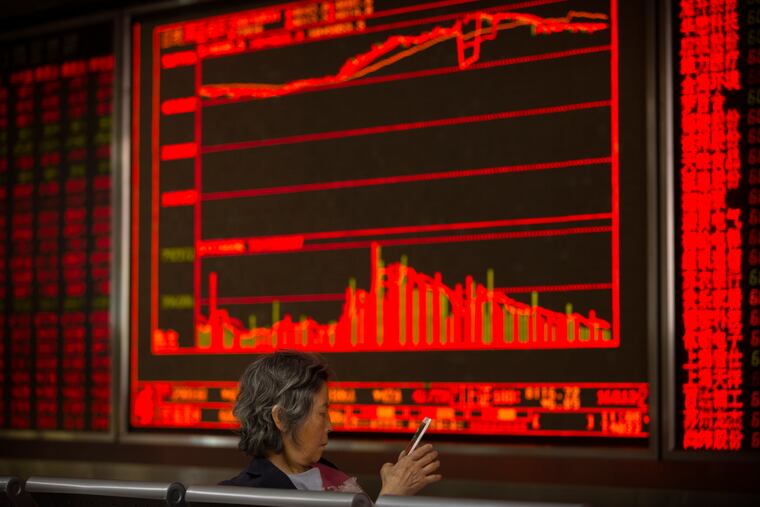Vanguard’s China exposure: What does the trade war mean for fund investments?
As the world’s largest economies engage in a trade war, any large scale investor sell off or bull rally in the U.S or Chinese stock markets will likely have a direct impact on mutual fund giant Vanguard’s stock and bond funds.

As the world’s largest economies engage in a trade war, any selloff or rally in U.S. and Chinese stock markets will affect the investment giant Vanguard’s stock and bond funds.
President Donald Trump earlier this year raised tariffs to 25 percent on $250 billion worth of Chinese imports and threatened to impose 25 percent tariffs on an additional $300 billion of Chinese imports unless trade talks made substantive progress by the end of June; China has retaliated.
The “tit for tat” escalation raises fears of slower global economic growth, according to Phil Gocke, managing director at Opus Investments.
Dan Wiener, editor of Independent Adviser for Vanguard Investors newsletter, and his coauthor, Jeff DeMaso, pulled together data sorting Vanguard’s foreign stock funds by their allocations to Chinese stocks. To be thorough, they also included stocks from Hong Kong and Taiwan, as in many cases those companies also have significant exposure to the Chinese economy.
Whether you’re bullish or bearish on China, here are the Vanguard funds with exposure to those markets:
Topping the list of funds with China exposure are Vanguard Emerging Markets Stock Index and Vanguard Emerging Markets Select Stock, where Chinese stocks make up around one-third of each portfolio.
Chinese stocks are a significant piece of the emerging-markets sector but only a small piece of the overall global market, accounting for just 3.3 percent of the Total World Stock Index.
The portfolio managers for Vanguard International Growth “see opportunities in China,” Wiener noted, particularly among internet giants Tencent, Alibaba, and Baidu, as nearly 20 percent of Vanguard International Growth’s assets are invested in Chinese stocks, compared with just 7.4 percent of Vanguard Total International Stock Index’s portfolio.
Vanguard’s three funds advised by PRIMECAP also own China stocks, including Alibaba, found in Vanguard U.S. Growth’s portfolio.
About 3 percent of the stocks in the Vanguard LifeStrategy and Target Retirement funds are domiciled in China. That means if you own one of those funds, you have between 0.5 and 3.0 percent of your portfolio invested in China in varying allocations.
Finally, on the bond side, China is by far the largest country exposure in Vanguard Emerging Markets Government Bond Index’s portfolio, with 16.8 percent of assets invested.
However, not every bond-fund manager at Vanguard is bullish on China.
“Vanguard’s Daniel Shaykevich apparently doesn’t have a very positive view on Chinese debt. He’s invested a mere 1.4 percent of Vanguard Emerging Market Bond’s portfolio in Chinese bonds,” Wiener said.
“I’m not smart enough to know how the trade war will play out, but for our portfolios and my own allocations, I’m happy to let the managers at Baillie Gifford and Schroders pick and choose the Chinese stocks to own and avoid via Vanguard International Growth,” Wiener said of the fund he owns.